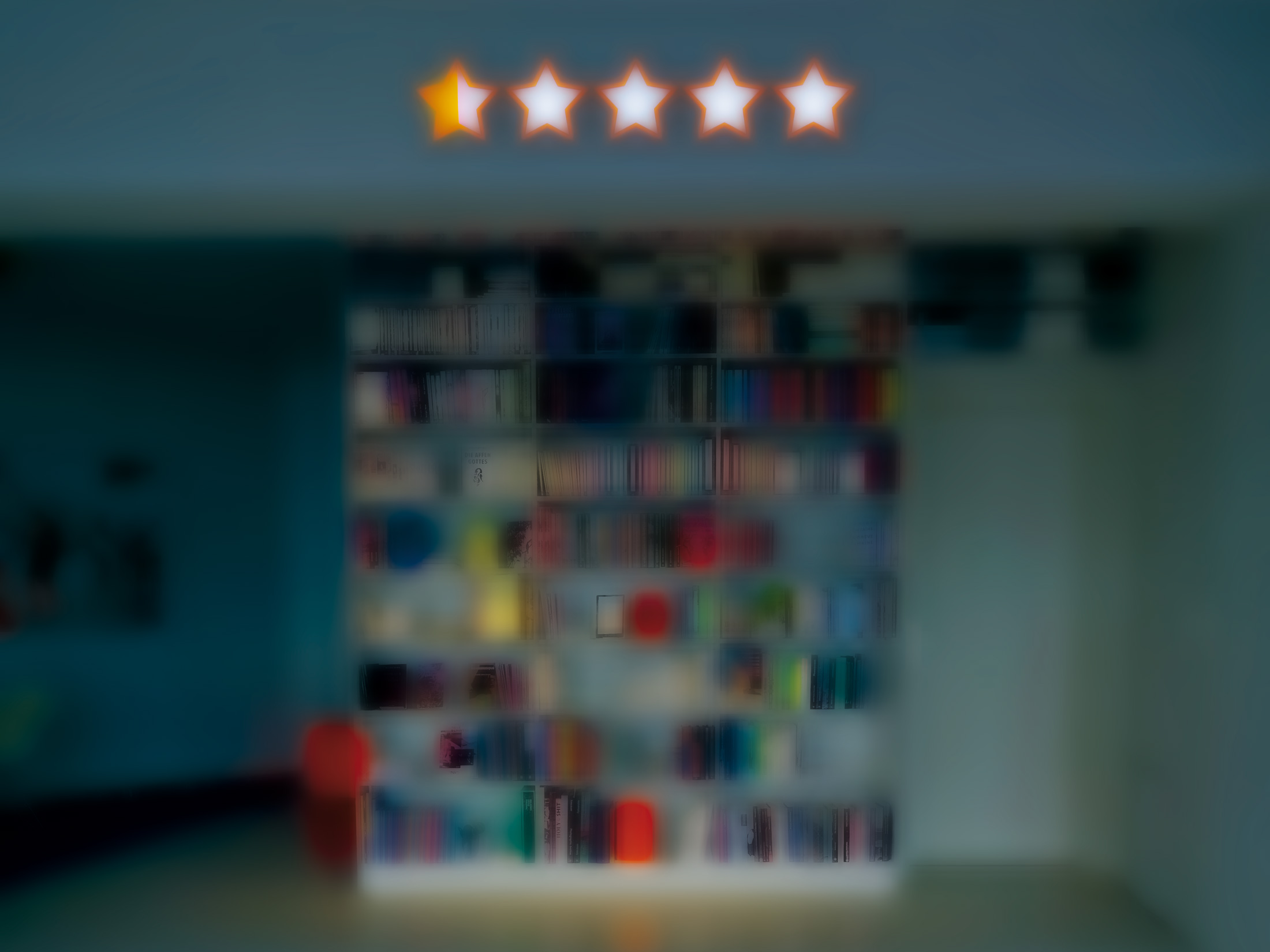Sprache
Typ
- Buch (6)
- Wissenschaftlicher Artikel (2)
- Interview (0)
- Video (0)
- Audio (0)
- Veranstaltung (0)
- Autoreninfo (0)
Zugang
Format
Kategorien
Zeitlich
Geographisch
Nutzerkonto
Monografie
Das Performative im Politischen
Athena Athanasiou, Judith Butler
Die Macht der Enteigneten
Artikel
Multiples, Authorship and the Eighteenth-Century Portrait Bust’s Aura
Malcolm C. Baker
Multiples, Authorship and the Eighteenth-Century Portrait Bust’s Aura
Pier Vittorio Aureli
Weniger ist genug
Chantal Akerman
Meine Mutter lacht
Maël Renouard
On Memory Atrophy
Externalized memory had always proceeded by contractions, summaries, reductions, selections, breaks in flow, as well as by organization, classification, boiling down. Card catalogues reduced thousands of works to a few key notions; tables of contents contracted the hundreds of pages in a given book. The sign itself was the first abbreviation of experience. An epic stitched of words was an abbreviation of the war, the long years of which were reduced to a few nights of recitation; the written text that recorded the epic was a contraction of the oral narration which pushed aside its sensory richness, melody, life in a thousand details. In accumulating, every level of abbreviation reconstituted an infinite flow, a new dilation that would be contracted in its turn. From the plurality of pages to the index and the table of contents; from the plurality of books to card catalogues.
The abbreviated elements were further arranged, situated...
ACCESS
Dieter Mersch
Digital Criticism
Marcus Quent
Vom Verrinnen der Zeit in der absoluten Gegenwart
Wenn der »Glaube an die Welt« fehlt, wenn man die Welt verloren hat oder ihrer beraubt wurde, so ist alles, was in einem solchen Zustand des Unglaubens übrigbleibt, das Verrinnen der Zeit. Das Verrinnen der Zeit, das heute mehr und mehr zu sich selbst zu kommen scheint, sich seiner Vollendung zuneigt, ist ein Prozess, der von den Einzelnen als undurchsichtiges und widersprüchliches Geschehen erfahren wird, der aber als solches unbegreifliches Geschehen zugleich die Gestalt eines unumstößlichen Faktums annimmt. Dass Zeit nur verrinnen kann, dass es sie nur als verrinnende, als Maß ihres eigenen Verrinnens gibt, wird allgemein akzeptiert und vorausgesetzt. Diese allseits vorherrschende Überzeugung, die sich selbst als reines Faktum präsentiert, gründet jedoch in einem Vergessen und einem Verrat. Vergessen und verraten sind, mit Deleuze gesprochen, die in der Welt hervorgerufenen »Ereignisse« und die in die Welt gebrachten »Zeit-Räume«. Sie zeugen von der Möglichkeit und Wirklichkeit eines anderen Zeit-Maßes. Vergessen...
Maël Renouard
Psychopathologie des digitalen Lebens
Früher passierte es uns, Strophen von Gedichten, historische Fakten, theoretische Sätze, lateinische Wörter, etc., zu vergessen, Dinge, die man uns in der Schule lernen ließ, weil die früheren Generationen sie für wesentlich gehalten hatten – oder solche, die wir uns aus Lust, aus eigener Neigung angeeignet hatten, die aber nichtsdestoweniger aus unserem Geist zu entfliehen drohten, wenn wir uns nicht anstrengten, sie festzuhalten. Unser Gedächtnis der äußeren Kenntnisse schien verwundbar und von unserem Willen abhängig, unser persönliches Gedächtnis dagegen hatte etwas von einer Festung. Von Zeit zu Zeit wusste man nicht mehr, wer 1952 Ratspräsident oder 1970 Fußball-Weltmeister gewesen war, aber man konnte sich sagen, dass es zumindest ein Ding gab, das man niemals vergäße oder das man, es sei denn durch einen tragischen Unfall, niemals so vergessen würde wie alles Übrige, nämlich unser eigenes Leben.
Jetzt, da wir mit dem Internet über ein gigantisches mnemonisches Hilfsmittel verfügen, das fähig ist, fast...
ACCESS
Dieter Mersch
Digital Criticism
ACCESS DE
Helmut J. Schneider
Eine Phänomenologie des Mitleids
Vom Gefühl und besonders vom Leiden aus ergibt sich kein Weg zur Ethik mitmenschlichen Verhaltens. Die dominierende Gefühlsbetonung im Mitleid verwischt nach Hamburger die Tatsache, dass wir das Leiden des Anderen immer nur im Modus der distanzierten und vermittelten Vorstellung eines Als-Ob erfahren können. Mitleidend leiden wir ohne zu leiden, im Bezug auf das Leiden des Anderen ist nur Teilnahme, nicht aber identifizierende Teilhabe möglich, wie sehr Letzteres auch immer wieder suggeriert werden mag. Hamburger zitiert den Egoismus-Apologeten Max Stirner, man könne zwar nicht die Zahnschmerzen seines Mitmenschen haben, jedoch: »Ihn schmerzt sein Zahn, mich aber schmerzt sein Schmerz.« Man ist versucht, hier an Bill Clintons berühmt-berüchtigtes Bekenntnis zu erinnern, »I feel your pain« (oder Angela Merkels angesichts der leidenden griechischen Bevölkerung »blutendes Herz«). Solche emotionalen Bekundungen können selten ein »Moment des Selbstbezugs«, zugespitzt des narzisstischen Selbstgenusses oder auch Selbstmitleids, verleugnen. Dagegen wird in dem rational verstehenden Bezug der Andere...
ACCESS EN
